Apple attempted to seal information related to the Psystar case as a "trade secret," likely to prevent others from learning how to modify the company's Mac OS X software to enable it to run on unauthorized hardware.
According to a report by Bloomberg, Judge Alsup ruled that the information Apple sought to protect could not be given trade secret protection because "much of it" is already "publicly available by examining the software itself," already published online, or available in print.
Apple originally sued Psystar in mid 2008 after it began selling a $400 PC it advertised as the "OpenMac," an unauthorized Mac clone running the company's Mac OS X software in infringement of Apple's licensing terms.
Two months later, the company responded with a counterclaim which alleged that Apple had used its "monopoly position" as the manufacturer of Mac computers to cause restraint of trade, unfair competition, and other violations of antitrust law.
After 16 months of litigation, in November 2009 Judge Alsup ruled in a summary judgment that Psystar had infringed on Apple's copyrights by modifying and redistributing its software. He also dismissed Psystar's claims.
Psystar then agreed to pay Apple $2.7 million in damages and attorney fees in exchange for Apple dropping its remaining claims involving trademark infringement, trade dress infringement, trademark dilution, state unfair competition, and common law unfair competition.
The judge subsequently issued a permanent injunction barring Psystar from selling hardware with Apple's operating system. Psystar filed to appeal the injunction last January.
After another nine months. Psystar lost its appeal in September when Judge Mary Schroeder ruled in favor of Apple in the U.S. Court of Appeals for the Ninth Circuit.
 Daniel Eran Dilger
Daniel Eran Dilger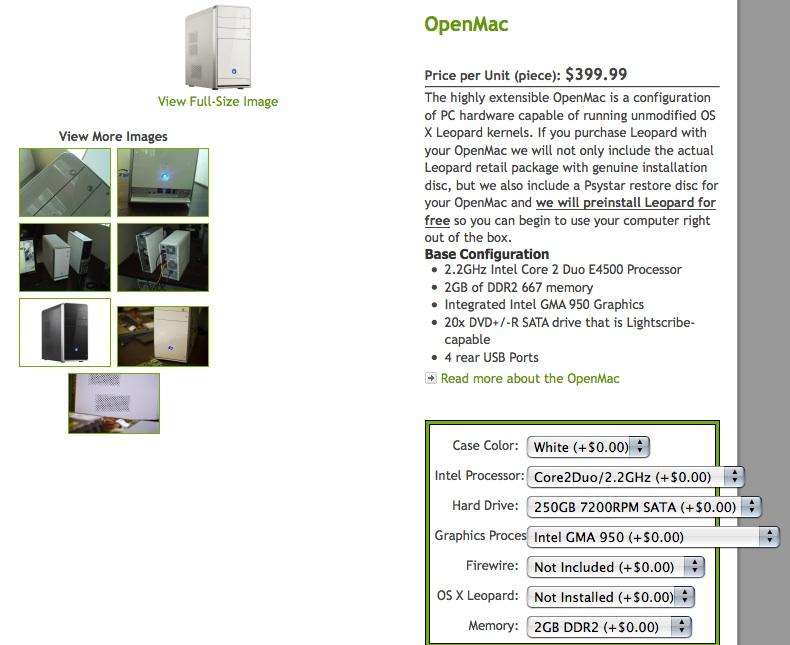

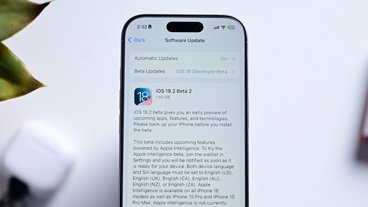
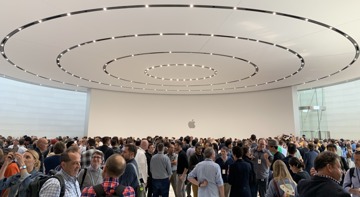
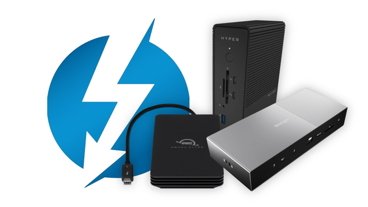
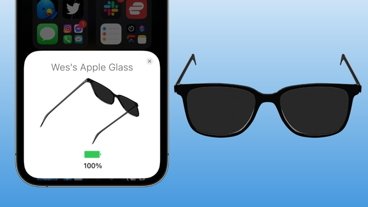
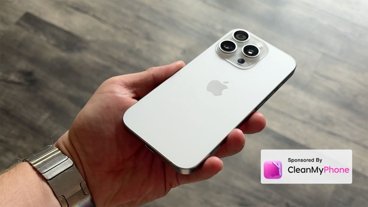

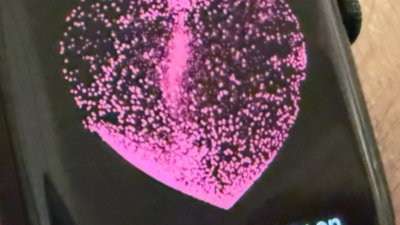
 William Gallagher
William Gallagher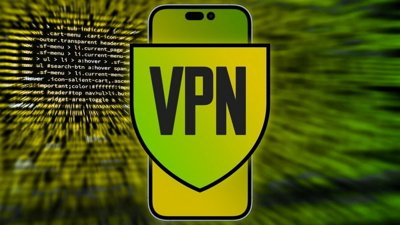
 Malcolm Owen
Malcolm Owen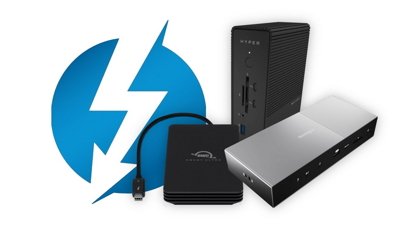

 Amber Neely
Amber Neely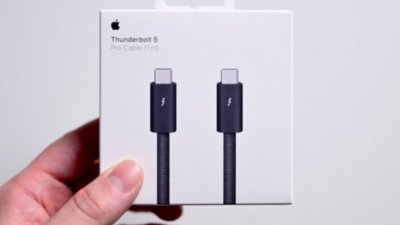
 Andrew O'Hara
Andrew O'Hara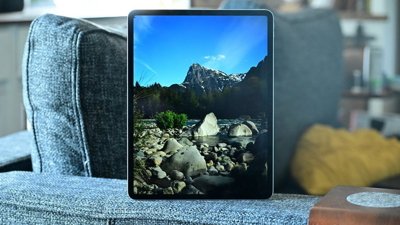


 Christine McKee
Christine McKee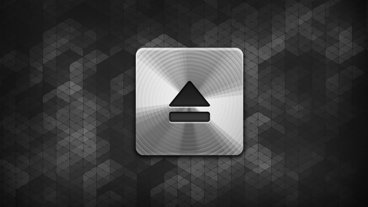
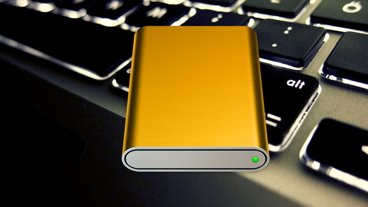

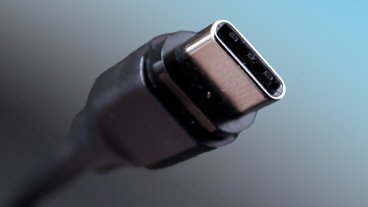
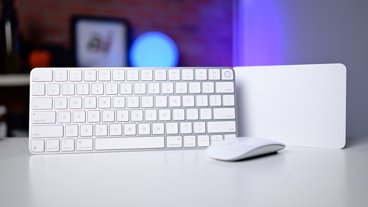
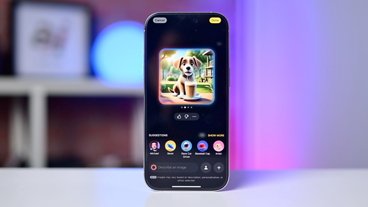
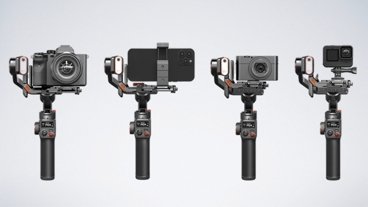
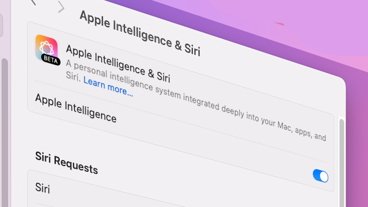

8 Comments
Wait, why'd they lose? Oh, because the pirates have already cracked it. I see. So Apple WON the suit that says you can't modify and redistribute OS X, but LOST the suit that controls the means by which you modify and redistribute OS X.
?
Meh. This is largely irrelevant to consumers.
These judges need to get their heads out of their asses! Trade secrets are trade secrets. Period. It doesn't matter if someone has already breached them, they are still trade secrets.
According to a report by Bloomberg, Judge Alsup ruled that the information Apple sought to protect could not be given trade secret protection because "much of it" is already "publicly available by examining the software itself," already published online, or available in print.
Just because someone cracks the HDCP Master Key and publishes it online doesn't mean the judicial system has the right to publish a guide on how to decode Blu-Ray encryption. While it's true that there are guides and software online for running OS X on standard PCs, they shouldn't be publishing information that's not supposed to be in the public domain in the first place.
These judges need to get their heads out of their asses! Trade secrets are trade secrets. Period. It doesn't matter if someone has already breached them, they are still trade secrets.
Under the Uniform Trade Secret Act, of which California is a voluntary participant, you are incorrect. As soon as the secret has become readily ascertainable by proper means, it ceases to fit the statutory definition of a trade secret, and it is therefore no longer subject to statutory protection.
"Proper means" has further been defined to include information that has been disclosed as a result of reverse-engineering.
If Apple wants to tackle the issue of any alleged impropriety in the way in which the information made it into the open in the first place, then they can bring up misappropriation charges against the individual reverse engineers who derived the information in the first place.